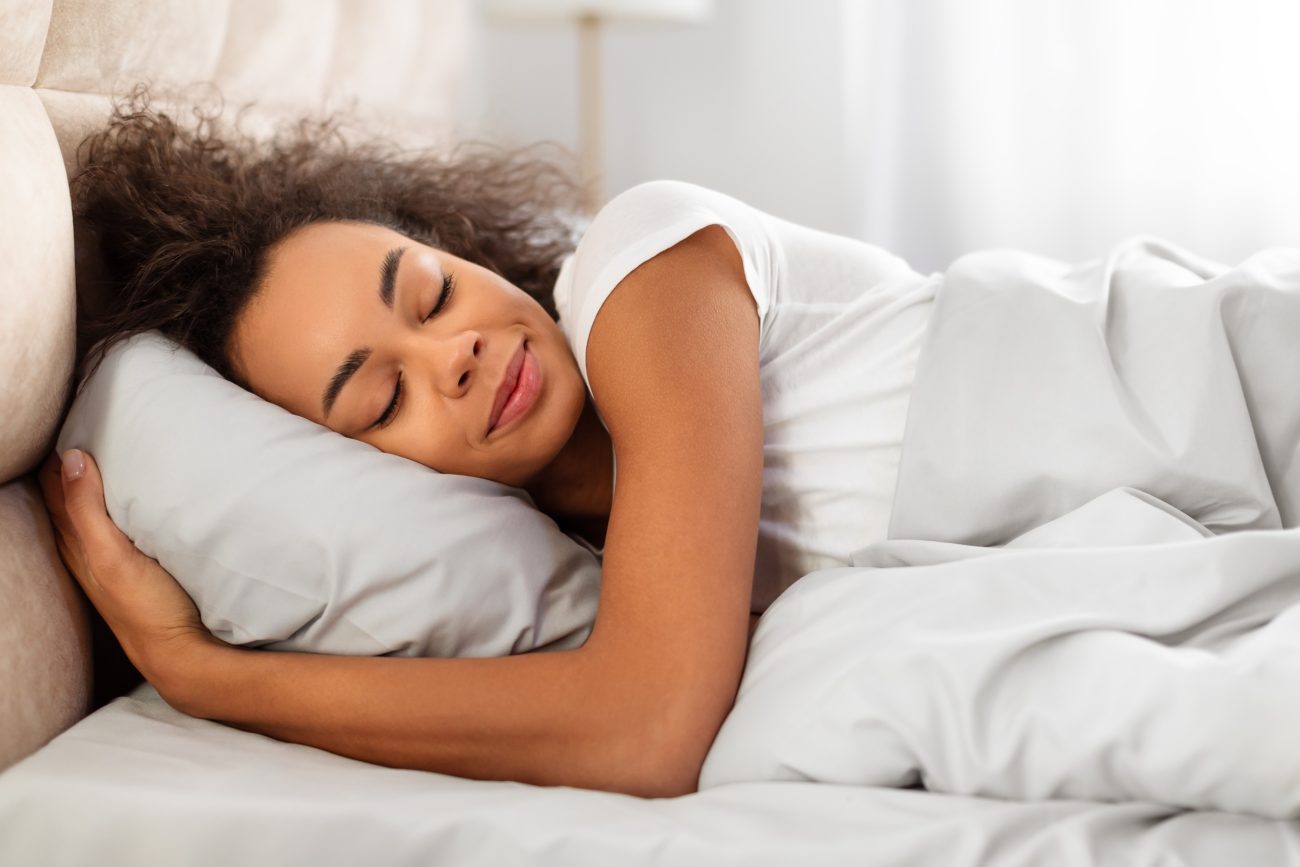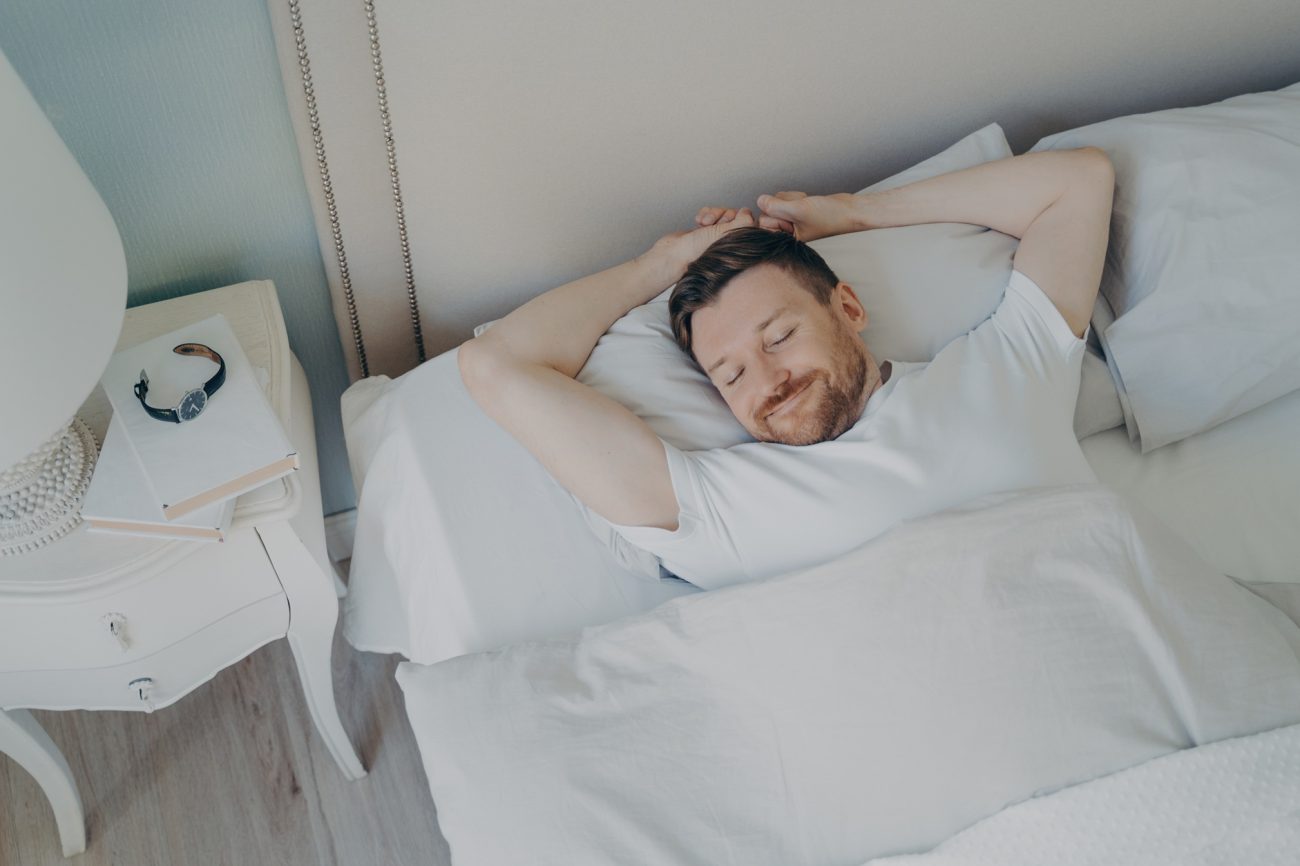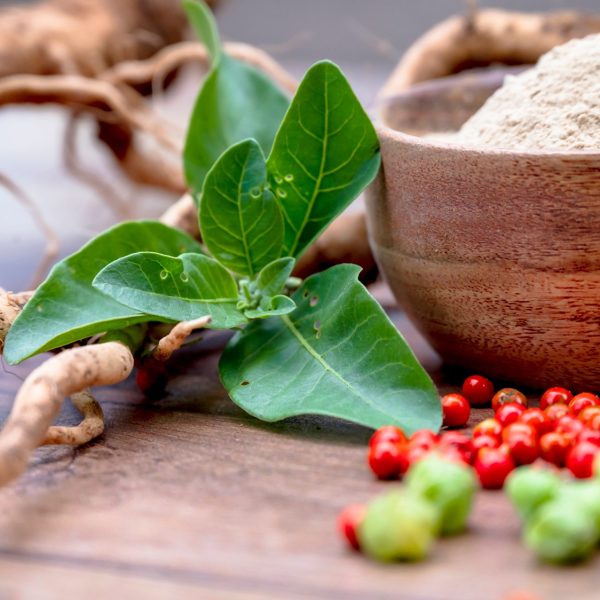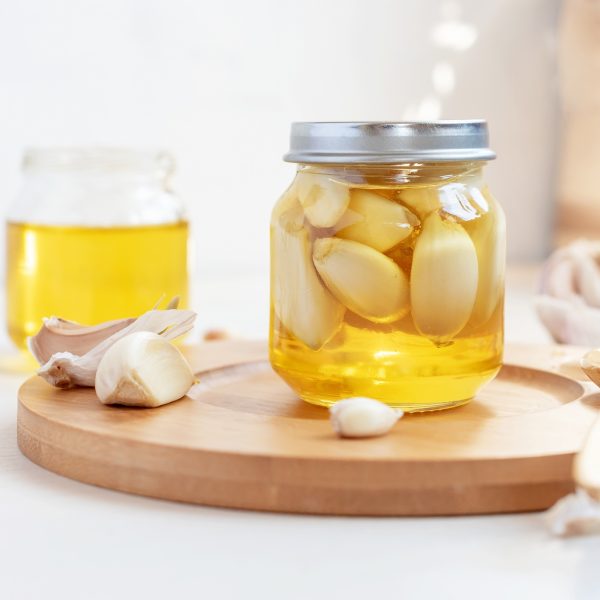Sleep medication, such as benzodiazepines, can impair attention and memory. This clinical study explored whether two sedative herbs, valerian and hops, improved sleep and cognition.
In this article, we summarise the study, Effects of a Valerian‐Hops Extract Combination on Sleep Duration and Daytime Cognitive and Psychological Parameters in Occasional Insomnia: A Randomized Controlled Feasibility Trial (1).
Plant name and species
Aim of study
To examine whether a valerian–hop supplement improved sleep, cognitive performance and psychological well-being, in healthy participants that occasionally experience sleep disturbances.
Study method

The study was a randomised, double‐blind and placebo‐controlled trial of a valerian–hop supplement versus placebo. Participants had a run-in phase of 21 days followed by a 21-day treatment phase.
Primary outcomes
This was a feasibility study to test the design, recruitment and adherence to the protocol.
Secondary outcomes
- Sleep parameters were measured using a Fitbit Charge 5 tracker (combining movement and polysomnography within its algorithm to determine sleep and wake cycles).
- Subjective psychological parameters of stress, tiredness, mood, motivation, sleep quality were assessed using a visual analog scale.
- Cognitive performance was assessed using an online task.
- Adverse events were recorded.
Herbal preparation
This was a commercial preparation (Redormin 500 or Ze 91019) comprising 500 mg of valerian root (Valeriana officinalis) extract and 120 mg of hops (Humulus lupulus) extract. The placebo was identical in appearance. Participants ingested valerian–hops supplement or placebo one hour before bed.
Sample size
Participants were healthy males or females aged 18 to 65 years who experienced occasional sleep disturbances 1–2 nights per week. Participants produced a Pittsburgh sleep quality index (PSQI) score greater than 5 (out of 21) suggesting there were sleep difficulties overall — the index assessed seven components including sleep quality, sleep duration, disturbances and daytime functioning.
To be included in the study they also had to experience cognitive difficulties at least once a week for the prior month. Volunteers were excluded if they were diagnosed with insomnia or were taking prescription drugs for sleep or mood problems.
There were n=18 participants in the test group and n=22 analysed in the placebo group (one dropped out of the study).
Results of study

There were no differences in the demographic characteristics between groups, with similar splits of male to female participants and similar average age of 36 years per group.
The valerian–hop supplement significantly enhanced sleep duration compared to the placebo with an average increase of 21.7 minutes per night during the 21-day treatment period. Other Fitbit values such as average time in bed also improved, as did the overall sleep score although this was by only a few points.
There were no significant treatment effects for cognitive performance, or the subjective psychological parameters like mood or stress, or heart rate (Table 2 in the publication).
In an analysis of the shortest night for each participant, the test supplement significantly increased sleep duration by on average 47 minutes, and this was associated with a longer period in bed. Again, there were no changes in cognitive or psychological parameters following the shortest night sleep.
There were small numbers of mild adverse events in both the placebo and treatment groups.
Discussion

Many drugs prescribed to treat insomnia, like benzodiazepines, are known to impair attention and memory. Hence this feasibility study looked at the possibility of using a herbal supplement to improve sleep as well as cognitive ability and mood the following day. The feasibility aspects of the study were a success with a well-designed and delivered protocol.
The study used a valerian–hop supplement, both herbs well known for their sedative and hypnotic effects. On average, participants slept for 6 to 7 hours, and the herbal combination significantly improved sleep duration compared to the placebo. On the participant’s shortest night of sleep the supplement improved the duration up to 48 minutes, topping up an average night of sleep around 4 to 5 hours.
There were no associated improvements in mood or cognitive function even following the shortest night sleep. Participants were surveyed or given an online test between 5pm and 12pm each day, and it could be that impairment was experienced earlier on in the day. The authors did note that participants were not experiencing problems in the run in before the study, so perhaps were not experiencing severe enough symptoms to observe changes. It is also possible that the home-based psychological tests used were not sensitive enough.
Other studies have used validated questionnaires to monitor mood and anxiety etc; in one study 530 mg dried root of Valeriana officinalis given for one month improved sleep and also improved mood changes, although this study was in patients undergoing haemodialysis, a therapy known to impair sleep and cause anxiety (2). Fitbit trackers and similar devices are becoming more sophisticated in their assessment of sleep but are not perfect. The multi-sensor tracking combines motion sensors and photoplethysmographic data to quantify sleep – wake cycles. However, the data collection can be affected due to movement on the wrist or failing batteries during the night.
Conclusion
To conclude, a valerian–hop supplement improved sleep duration and time in bed in participants who experience occasional sleep problems. There were no improvements in daytime cognitive performance, mood or other psychological outcomes. Further research could explore participants with more severe sleep or cognitive disturbances, or use more sensitive psychological tests although this would be more challenging in a home setting.
References
- Schicktanz N, Gerhards C, Schlitt T, Aerni A, Müggler E, de Quervain D, Papassotiropoulos A, Boonen G, Drewe J, Butterweck V. Effects of a Valerian-Hops Extract Combination (Ze 91019) on Sleep Duration and Daytime Cognitive and Psychological Parameters in Occasional Insomnia: A Randomized Controlled Feasibility Trial. Brain Behav. 2025 Jun;15(6):e70600. https://doi.org/10.1002/brb3.70600
- Tammadon MR, Nobahar M, Hydarinia-Naieni Z, Ebrahimian A, Ghorbani R, Vafaei AA. The Effects of Valerian on Sleep Quality, Depression, and State Anxiety in Hemodialysis Patients: A Randomized, Double-blind, Crossover Clinical Trial. Oman Med J. 2021 Mar 31;36(2):e255. https://doi.org/10.5001/omj.2021.56


































